Home>Gardening & Outdoor>Outdoor Recreation & Activities>How To Keep A Swimming Pool Clean
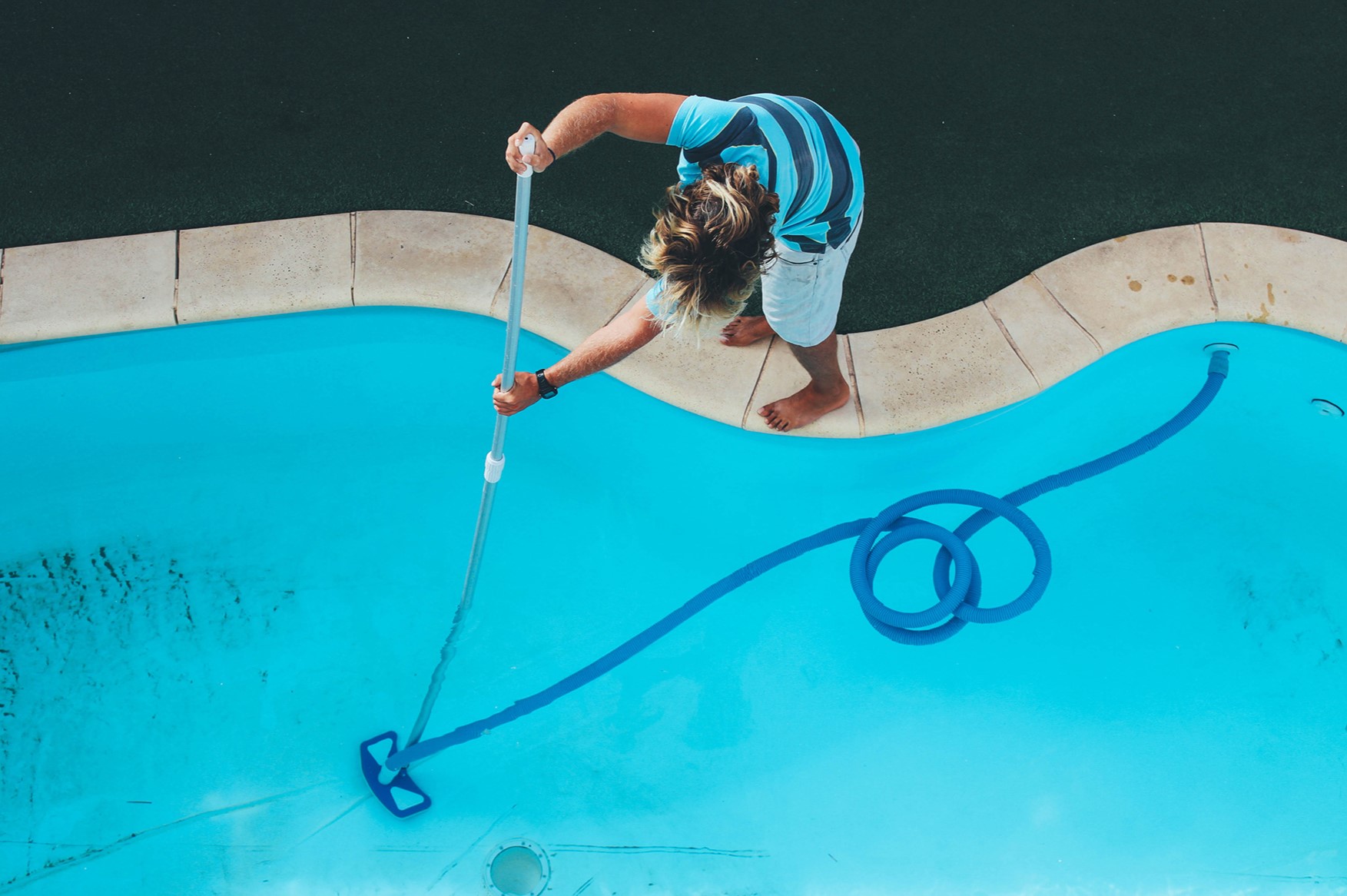

Outdoor Recreation & Activities
How To Keep A Swimming Pool Clean
Published: February 18, 2024
Learn effective tips for maintaining a sparkling clean swimming pool. Discover expert advice for outdoor recreation and activities. Keep your pool pristine with our helpful guide.
(Many of the links in this article redirect to a specific reviewed product. Your purchase of these products through affiliate links helps to generate commission for Storables.com, at no extra cost. Learn more)
Importance of Keeping a Swimming Pool Clean
Maintaining a clean swimming pool is not just about aesthetics; it is crucial for the health and safety of swimmers. A clean pool provides a refreshing and inviting environment, encouraging regular use and enjoyment. However, beyond the visual appeal, there are several compelling reasons why keeping a swimming pool clean is of paramount importance.
1. Health and Safety
A pristine pool is essential for the well-being of swimmers. Regular cleaning and proper chemical balance help prevent the growth of harmful bacteria and algae, reducing the risk of waterborne illnesses and infections. By maintaining clean and sanitized water, pool owners can create a safe and healthy environment for family and guests to enjoy.
2. Equipment Longevity
A well-maintained pool not only benefits swimmers but also extends the lifespan of pool equipment. Clean water helps prevent corrosion and damage to the pool's filtration system, pump, and other components. By minimizing the accumulation of debris and contaminants, pool owners can reduce the strain on their equipment, leading to fewer repairs and longer-lasting functionality.
3. Cost Savings
Regular pool maintenance and cleaning can contribute to significant cost savings in the long run. By preventing the buildup of algae and debris, pool owners can avoid costly treatments and extensive cleaning processes. Additionally, proper maintenance reduces the risk of equipment malfunctions, potentially saving substantial repair or replacement expenses.
4. Enhanced Enjoyment
A clean pool enhances the overall swimming experience. Crystal-clear water and a well-maintained pool area create an inviting atmosphere, promoting relaxation and enjoyment for swimmers of all ages. Whether it's a refreshing dip on a hot day or a leisurely swim for exercise, a clean pool elevates the overall enjoyment and satisfaction of the swimming experience.
Read more: How To Clean A Swimming Pool
5. Property Value
For homeowners with pools, cleanliness significantly impacts the overall appeal and value of the property. A well-maintained pool adds to the aesthetic charm of the outdoor space, contributing to the property's curb appeal and market value. Whether for personal enjoyment or potential resale, a clean and well-kept pool is an asset that enhances the property's desirability.
In summary, the importance of keeping a swimming pool clean extends far beyond mere appearances. It is a fundamental aspect of responsible pool ownership, directly impacting the health, safety, longevity, and enjoyment of the pool. By prioritizing regular maintenance and cleanliness, pool owners can create a welcoming and safe aquatic environment for themselves, their families, and their guests.
Key Takeaways:
- Regular pool maintenance is crucial for health, safety, and cost savings. Skimming, vacuuming, and water testing help prevent algae and bacteria, ensuring a clean and enjoyable swimming experience.
- Proper cleaning tools and chemicals are essential for a sparkling pool. Skimmers, brushes, water testing kits, and filtration systems maintain pristine water quality, promoting a safe and inviting pool environment.
Regular Maintenance Tasks
Regular maintenance is the cornerstone of a clean and inviting swimming pool. By adhering to a consistent maintenance routine, pool owners can ensure that their pool remains in optimal condition throughout the swimming season. Here are the essential tasks that constitute effective pool maintenance:
1. Skimming and Scrubbing
Frequent skimming of the pool surface is vital for removing leaves, insects, and other debris that can accumulate on the water's surface. Additionally, regular scrubbing of the pool walls and tile line helps prevent the buildup of algae and other contaminants. By incorporating these tasks into a weekly maintenance routine, pool owners can maintain a clean and debris-free pool.
2. Vacuuming
Regular vacuuming of the pool floor and walls is essential for removing dirt, sediment, and other particles that settle at the bottom. This process helps prevent the accumulation of debris and maintains the overall cleanliness of the pool water. Pool owners can choose from manual, automatic, or robotic pool vacuums, depending on their preferences and budget.
Read more: How To Clean A Swimming Pool Filter
3. Water Circulation and Filtration
Proper water circulation is crucial for distributing chemicals evenly and preventing the formation of stagnant areas where algae and bacteria can thrive. Regularly checking and maintaining the pool's filtration system ensures that the water remains clean and clear. This includes backwashing the filter, inspecting the pump for any issues, and ensuring that the circulation system is functioning optimally.
4. Water Testing and Chemical Balance
Regular water testing is essential for maintaining the proper chemical balance in the pool. Testing for pH, chlorine levels, alkalinity, and calcium hardness should be conducted at least twice a week, especially during periods of heavy usage or adverse weather conditions. Adjusting the chemical levels as needed helps prevent algae growth, bacterial contamination, and other water quality issues.
5. Winterizing and Seasonal Maintenance
For pool owners in seasonal climates, proper winterization and seasonal maintenance are crucial for preserving the pool during colder months. This includes draining water to the appropriate level, protecting the pool equipment from freezing temperatures, and covering the pool to prevent debris accumulation. Additionally, preparing the pool for the opening of the swimming season involves removing the cover, inspecting equipment, and conducting a thorough cleaning and maintenance routine.
By diligently performing these regular maintenance tasks, pool owners can uphold the cleanliness, safety, and functionality of their swimming pool. Consistent maintenance not only ensures a pleasant swimming experience but also contributes to the longevity and value of the pool, making it a worthwhile investment for years to come.
Using the Right Cleaning Tools and Chemicals
Selecting the appropriate cleaning tools and chemicals is paramount to maintaining a sparkling and healthy swimming pool. By utilizing the right equipment and products, pool owners can effectively combat dirt, algae, and bacteria, ensuring pristine water quality and a visually appealing pool environment.
Read more: How To Clean Swimming Pool Tile
1. Skimmers, Brushes, and Vacuums
Skimmers, equipped with fine mesh nets, are indispensable for removing leaves, insects, and debris from the pool's surface. Regular skimming prevents organic matter from sinking to the bottom and decomposing, which can lead to water contamination. Additionally, pool brushes, designed for specific pool surfaces, such as vinyl, fiberglass, or concrete, aid in scrubbing off algae and stubborn stains. For thorough cleaning, manual, automatic, or robotic pool vacuums efficiently eliminate dirt and sediment from the pool floor and walls, contributing to overall cleanliness and water clarity.
2. Water Testing Kits
Accurate water testing is crucial for maintaining the chemical balance of the pool. Testing kits for pH, chlorine, alkalinity, and calcium hardness enable pool owners to monitor and adjust the water chemistry as needed. By regularly testing and balancing the pool water, the risk of algae growth, cloudy water, and skin irritation is minimized, ensuring a safe and enjoyable swimming experience for all.
3. Pool Chemicals
Chlorine, an essential pool sanitizer, effectively eliminates bacteria and algae, keeping the water clean and safe. Stabilizers, such as cyanuric acid, help maintain the chlorine's effectiveness, especially in outdoor pools exposed to sunlight. Shock treatments, which involve super-chlorinating the pool, are vital for oxidizing organic contaminants and restoring water clarity. Additionally, algaecides can be used to prevent or eliminate algae growth, further enhancing the pool's cleanliness and appearance.
4. Filtration System
A well-maintained filtration system is instrumental in removing impurities and debris from the pool water. Whether utilizing sand, cartridge, or diatomaceous earth filters, routine maintenance and periodic backwashing are essential for optimal filtration performance. By ensuring the filtration system is in top condition, pool owners can effectively trap and remove particles, contributing to clear and healthy water.
Read more: How To Clean A Swimming Pool Liner
5. Automatic Pool Cleaners
Automatic pool cleaners, including robotic or suction-side cleaners, offer efficient and convenient cleaning solutions. These devices navigate the pool, scrubbing and vacuuming the surfaces to remove dirt and debris. Their automated operation saves time and effort while maintaining the pool's cleanliness and reducing manual labor.
By leveraging the right cleaning tools and chemicals, pool owners can uphold the cleanliness, clarity, and safety of their swimming pool. These essential components, when utilized effectively, contribute to a pristine and inviting pool environment, ensuring a delightful swimming experience for all.
Tips for Preventing Algae and Bacteria Growth
Preventing the growth of algae and bacteria is essential for maintaining a clean and healthy swimming pool. Algae, in particular, can quickly turn a pristine pool into a green, slimy mess if not properly controlled. Here are some effective tips for preventing algae and bacteria growth, ensuring that your pool remains a refreshing and inviting oasis:
-
Maintain Proper Water Circulation: Adequate water circulation is crucial for preventing stagnant areas where algae and bacteria can flourish. Ensure that your pool's circulation system, including the pump and filters, is functioning optimally to promote consistent water movement and distribution of sanitizing chemicals.
-
Regular Brushing and Vacuuming: Brushing the pool walls and vacuuming the pool floor not only help in removing debris and dirt but also disrupt the growth of algae and bacteria. By eliminating potential breeding grounds and organic matter, regular brushing and vacuuming contribute to a cleaner and healthier pool environment.
-
Monitor and Balance Chemical Levels: Regularly test the pool water for pH, chlorine, alkalinity, and other chemical levels to maintain the proper balance. Balanced water chemistry not only ensures effective sanitization but also inhibits the growth of algae and bacteria. Adjust the chemical levels as needed to prevent imbalances that can promote microbial growth.
-
Shock Treatment: Periodic shock treatments, especially after heavy pool usage or significant rainfall, help oxidize organic contaminants and restore water clarity. This process effectively eliminates algae spores and bacteria, preventing their proliferation and maintaining the pool's cleanliness.
-
Use Algaecides: Incorporating algaecides into your pool maintenance routine can be an effective preventive measure against algae growth. Algaecides work to inhibit and eradicate algae, preventing outbreaks and maintaining the pool water's clarity and quality.
-
Proper Filtration and Backwashing: Ensure that your pool's filtration system is well-maintained and functioning efficiently. Regular backwashing and cleaning of the filter media prevent the accumulation of debris and contaminants, reducing the nutrients available for algae and bacteria to thrive.
-
Sunlight Exposure: Limiting the pool's exposure to direct sunlight, especially during peak hours, can help inhibit algae growth. Consider using pool covers or strategically planted landscaping to provide shade and minimize the impact of sunlight on the pool water.
By implementing these proactive measures, pool owners can effectively prevent the growth of algae and bacteria, preserving the cleanliness and quality of their swimming pool. Consistent vigilance and adherence to these tips contribute to a clear, inviting pool environment, ensuring a safe and enjoyable swimming experience for all.
Troubleshooting Common Pool Cleaning Issues
Maintaining a clean and well-functioning swimming pool involves addressing various challenges that may arise during the cleaning and maintenance process. By understanding and effectively troubleshooting common pool cleaning issues, pool owners can ensure that their pool remains in optimal condition and provides a safe and enjoyable swimming environment.
-
Cloudy Water: Cloudiness in pool water can result from various factors, including improper chemical balance, inadequate filtration, or the presence of fine particles. To address this issue, conduct a thorough water test to assess the pH, chlorine levels, and alkalinity. Adjust the chemical balance as needed and ensure that the filtration system is functioning efficiently. Additionally, consider using a pool clarifier to help gather suspended particles for easier filtration.
-
Algae Growth: Algae can quickly take hold in a pool, turning the water green and creating unsightly and unsanitary conditions. To combat algae growth, perform a shock treatment to elevate the chlorine levels and eliminate existing algae. Scrub the pool walls and floor to remove algae buildup, and consider using an algaecide to prevent future outbreaks. Maintaining proper water circulation and chemical balance is crucial for preventing algae growth.
-
Clogged or Inefficient Filtration: A clogged or inefficient filtration system can lead to poor water quality and circulation issues. If the filter is clogged, perform a thorough backwashing or cleaning of the filter media to remove debris and restore optimal filtration. Inspect the filter for any damage or wear and replace any worn-out components as necessary. Regular maintenance of the filtration system is essential for preventing filtration-related issues.
-
Persistent Debris and Dirt: Despite regular cleaning, pools may experience persistent debris and dirt accumulation. In such cases, consider adjusting the skimmer and return jet placements to optimize water circulation and debris capture. Additionally, evaluate the landscaping and surrounding environment to minimize the introduction of debris into the pool. Upgrading to a more efficient pool vacuum or considering the use of a robotic pool cleaner can also help address persistent debris issues.
-
Chemical Imbalance: Fluctuations in chemical levels can lead to water quality issues and potential discomfort for swimmers. Regularly test the pool water and adjust the chemical balance as needed to maintain optimal pH, chlorine, and alkalinity levels. Avoid over-chlorination, as it can lead to skin and eye irritation, and ensure that the chemicals are evenly distributed throughout the pool.
By proactively addressing these common pool cleaning issues, pool owners can uphold the cleanliness, safety, and functionality of their swimming pool. Regular maintenance, diligent troubleshooting, and adherence to best practices contribute to a pristine and inviting pool environment, ensuring a delightful swimming experience for all.
Frequently Asked Questions about How To Keep A Swimming Pool Clean
Was this page helpful?
At Storables.com, we guarantee accurate and reliable information. Our content, validated by Expert Board Contributors, is crafted following stringent Editorial Policies. We're committed to providing you with well-researched, expert-backed insights for all your informational needs.
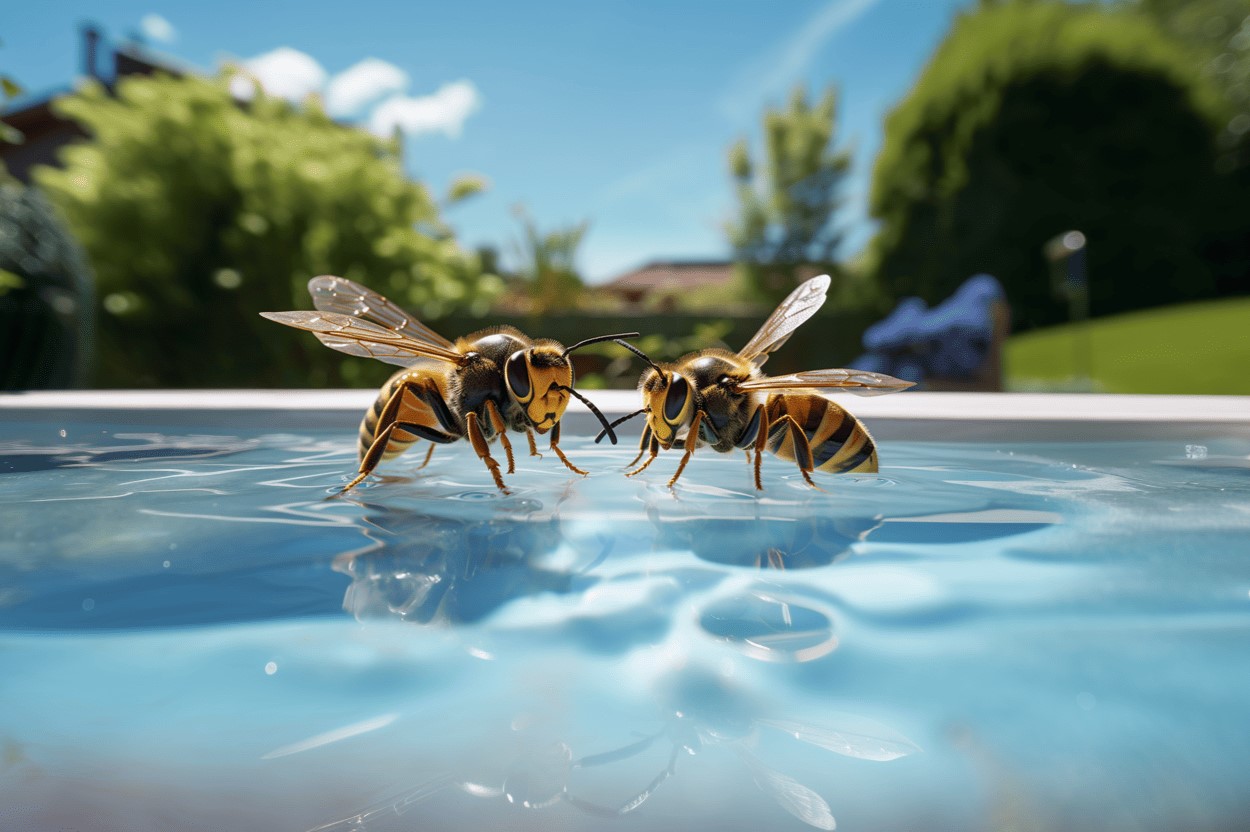

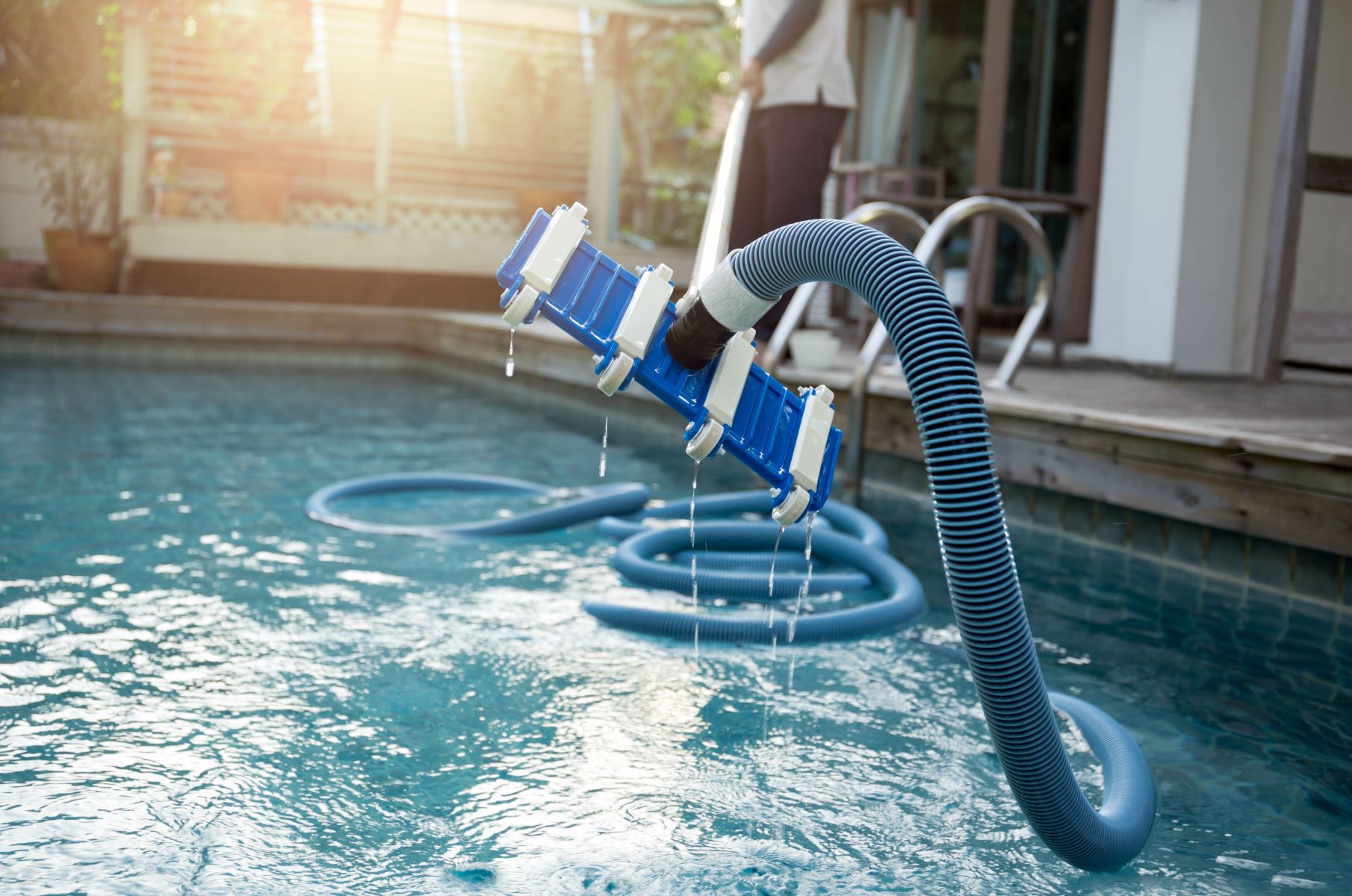
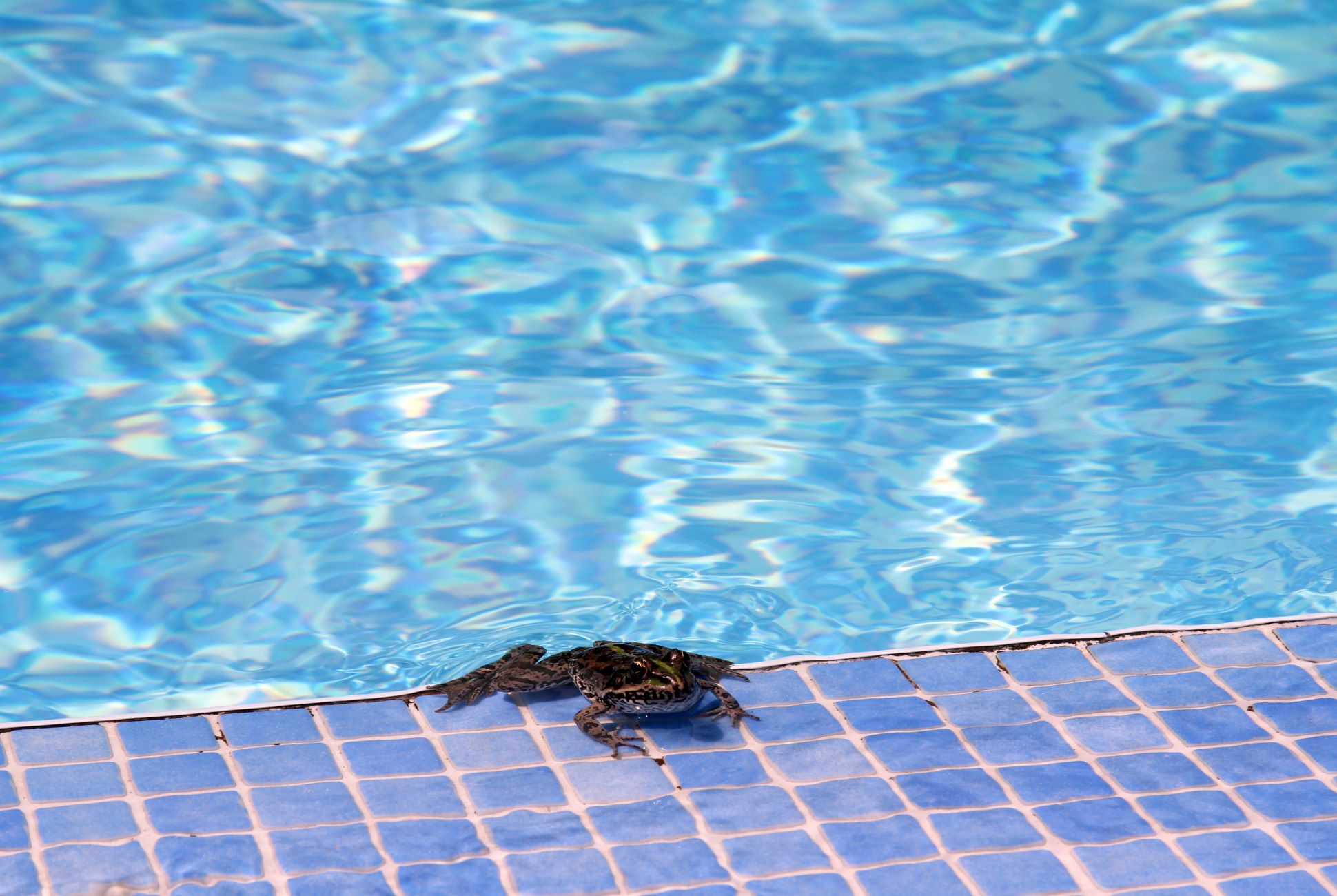
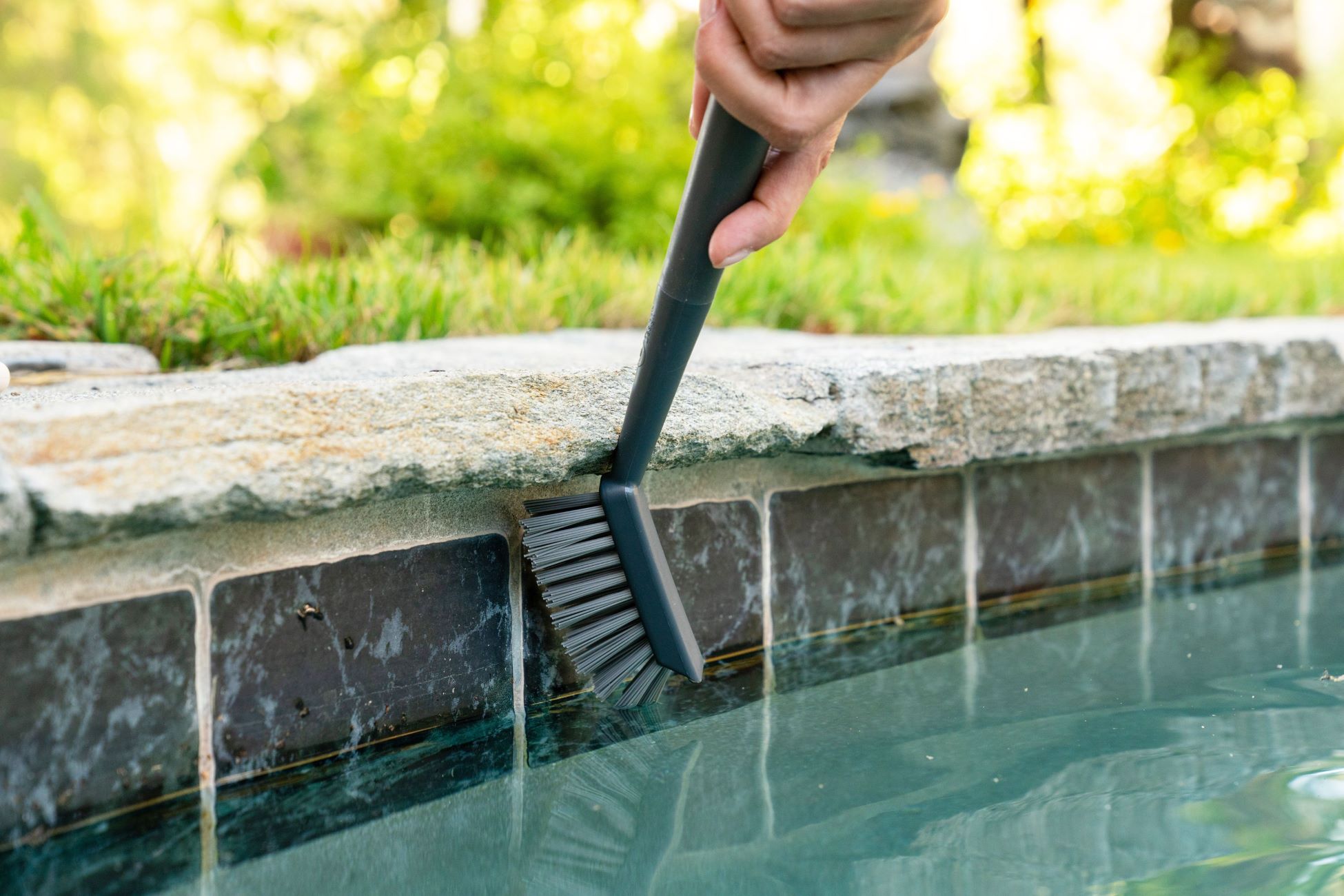
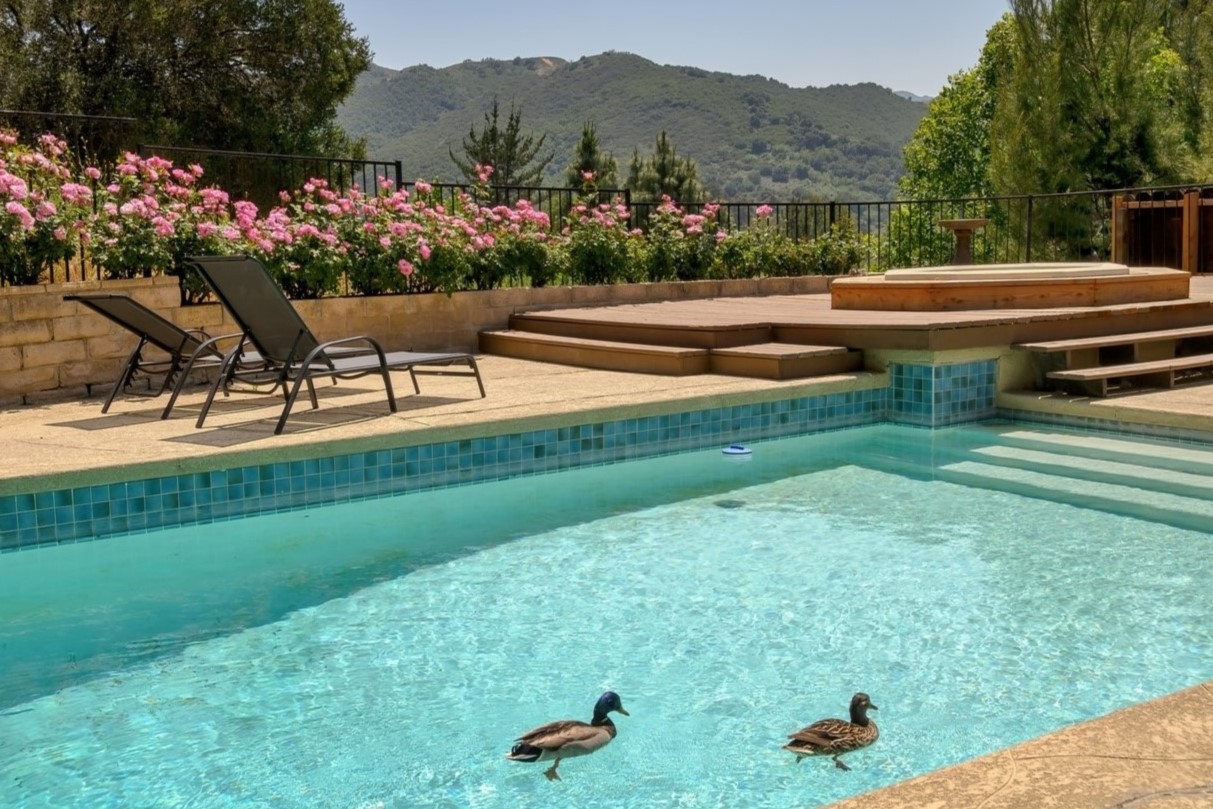
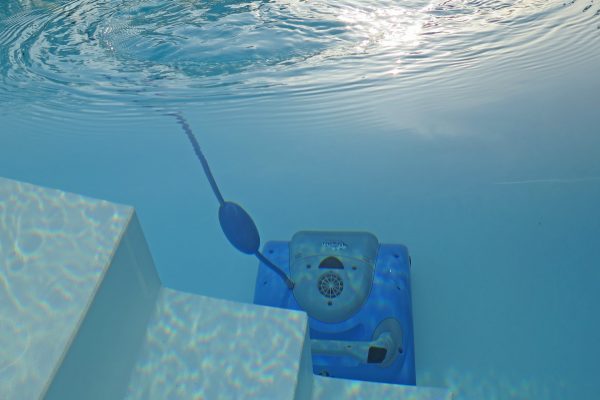
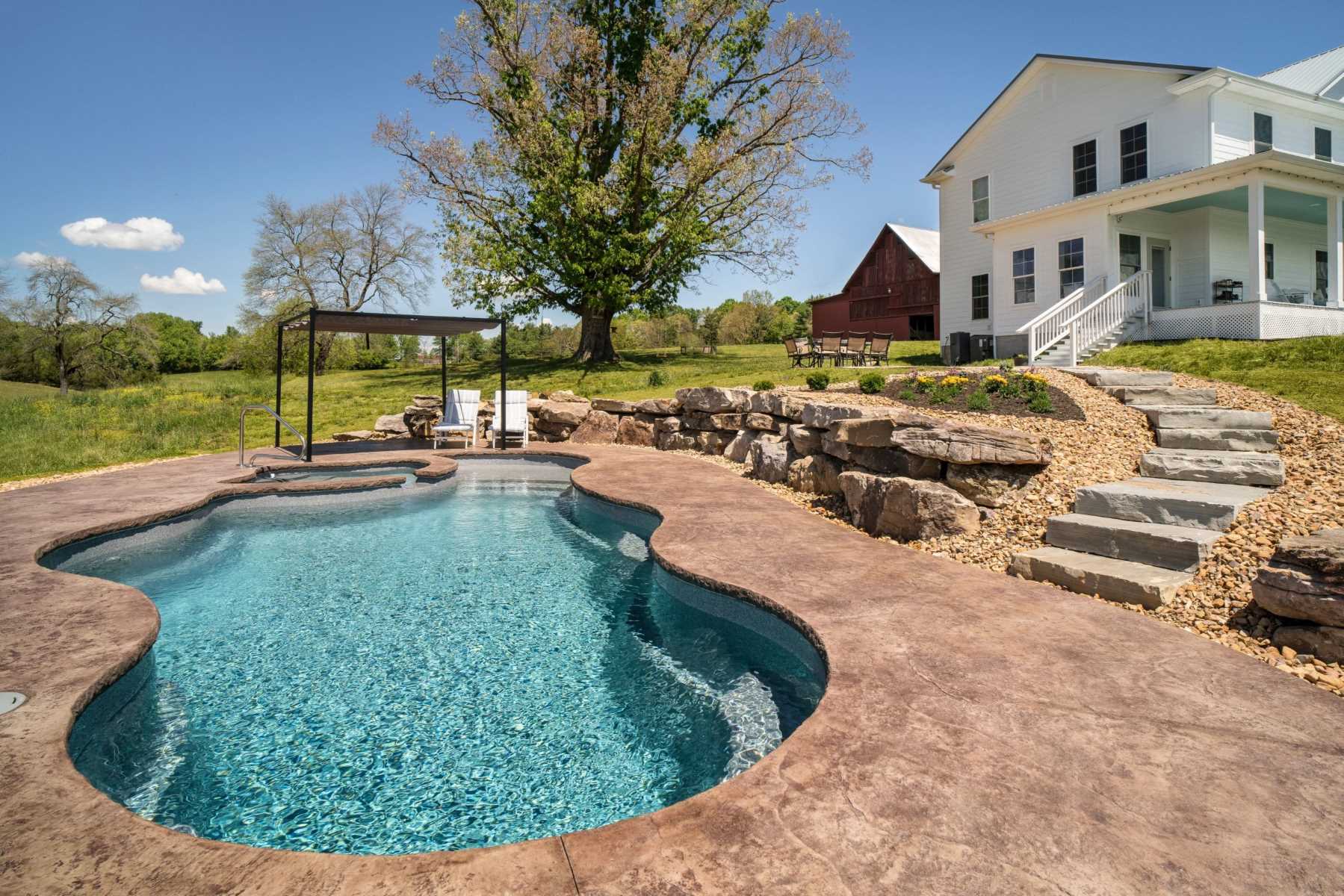
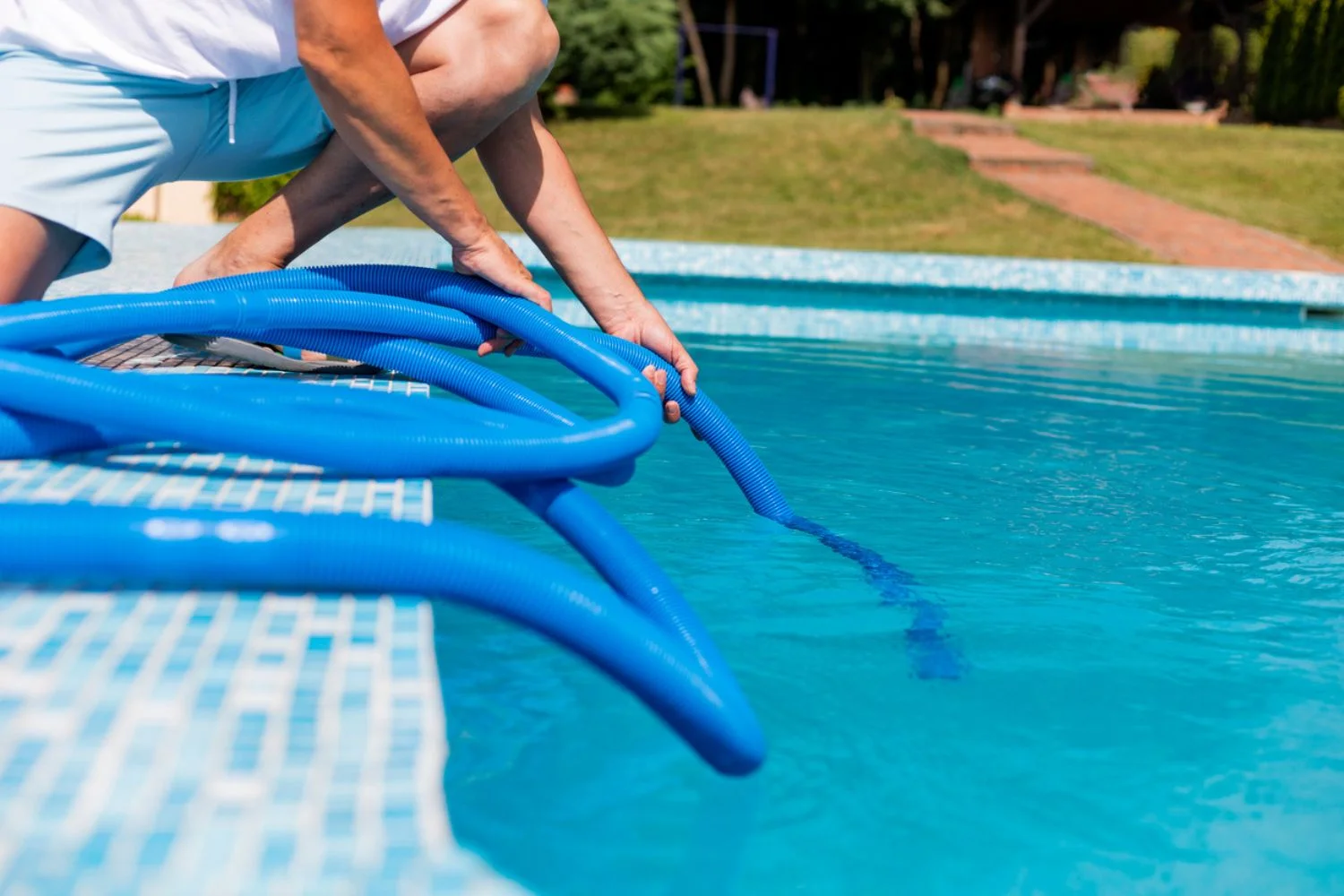
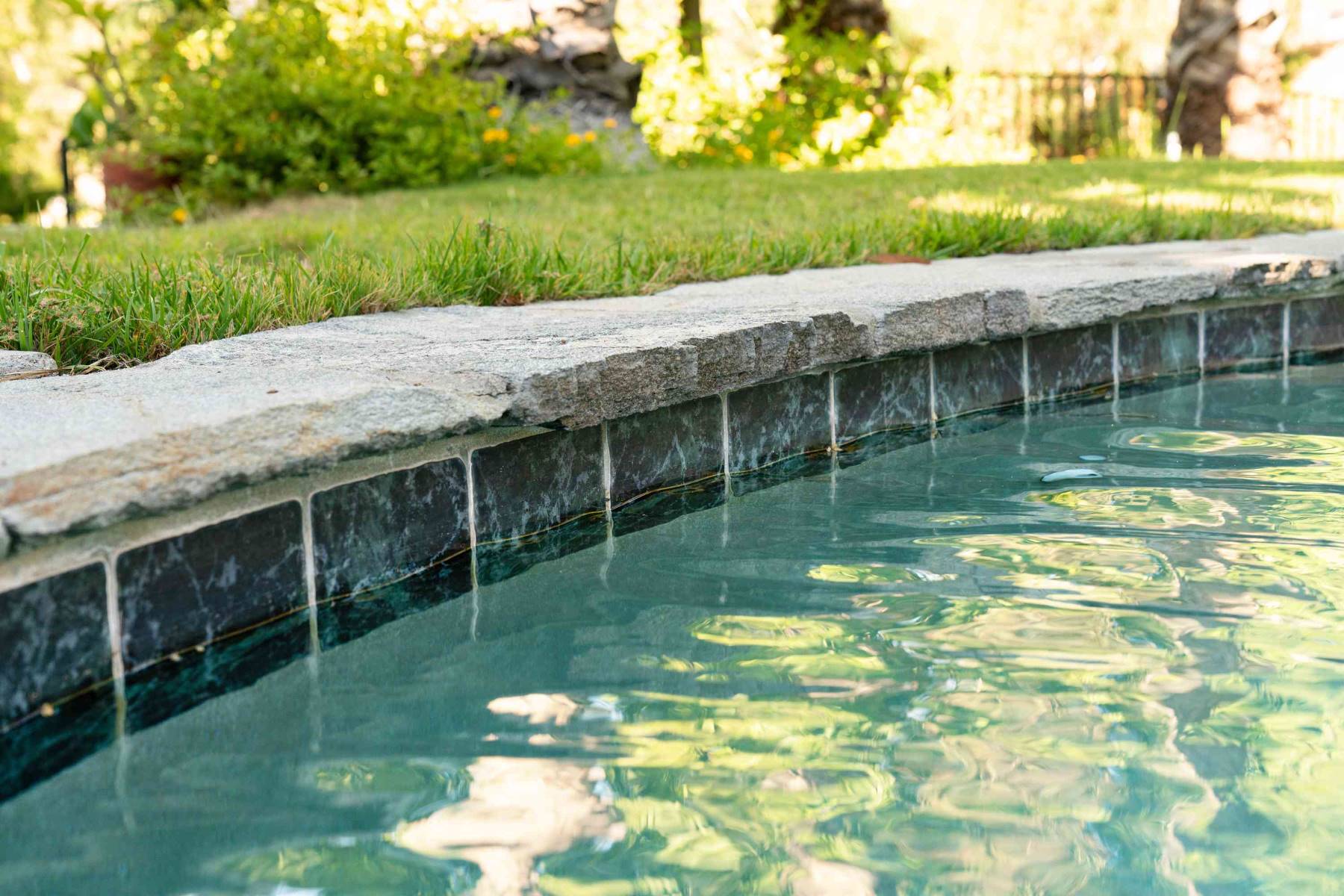
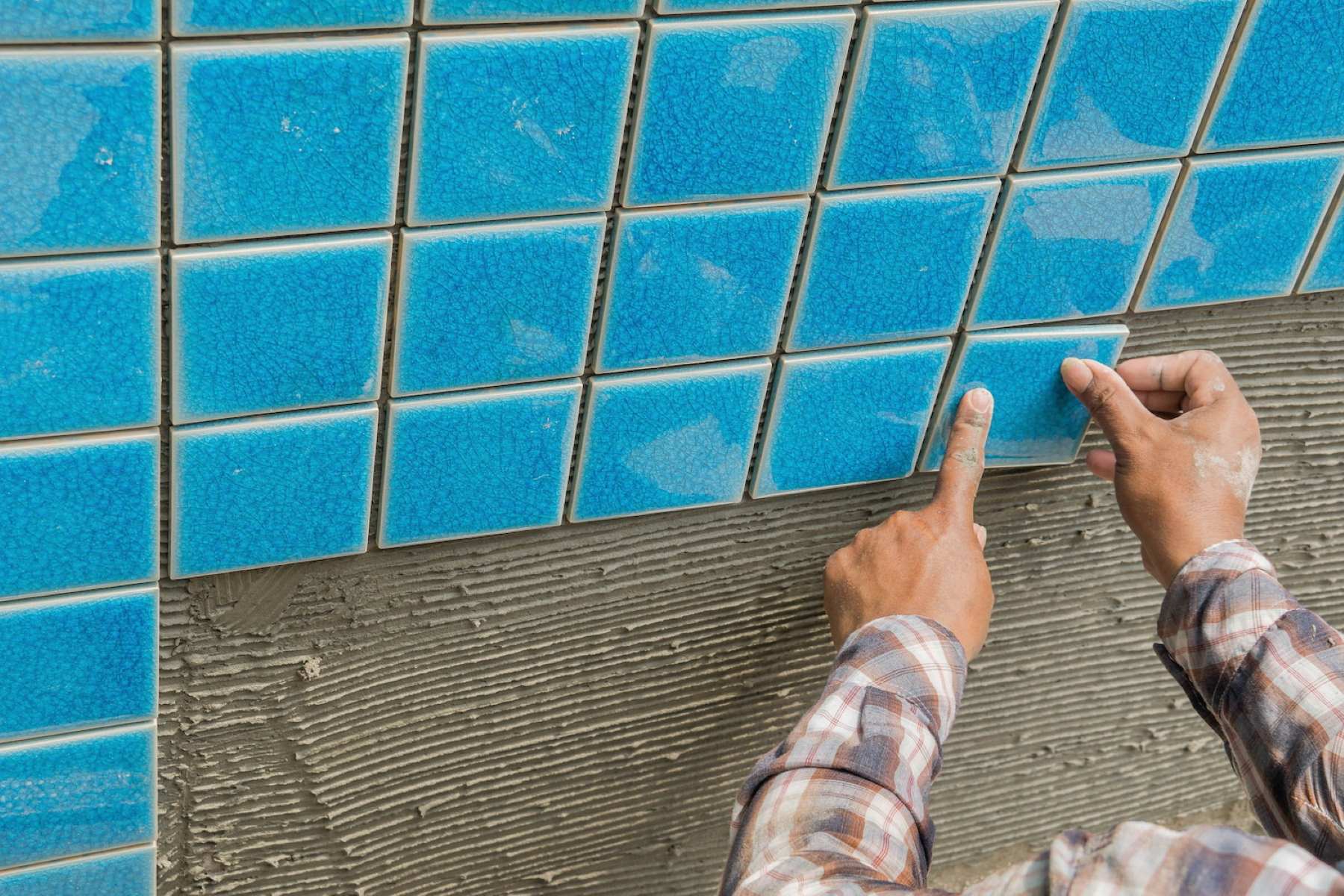

0 thoughts on “How To Keep A Swimming Pool Clean”